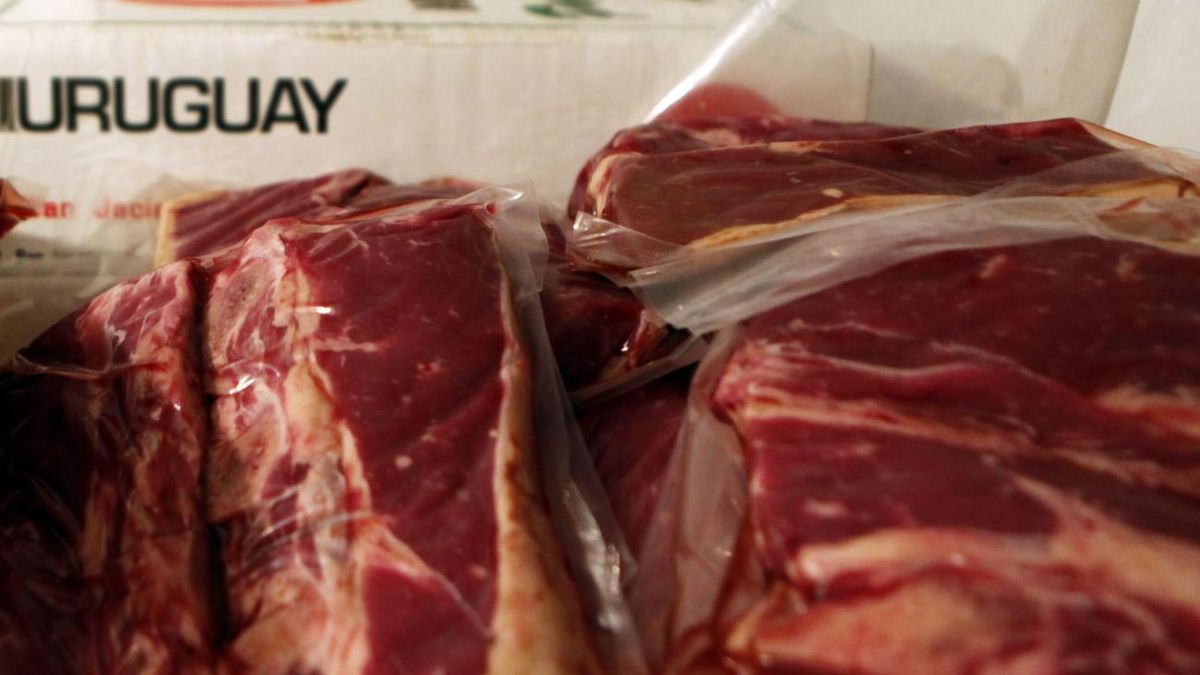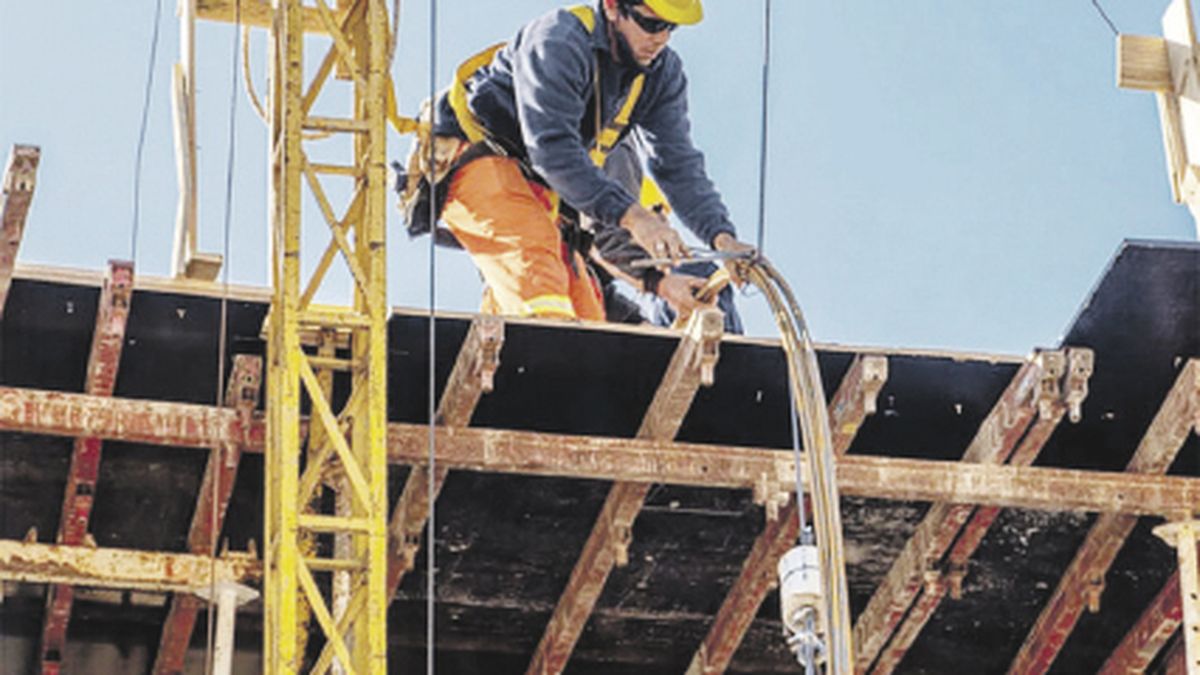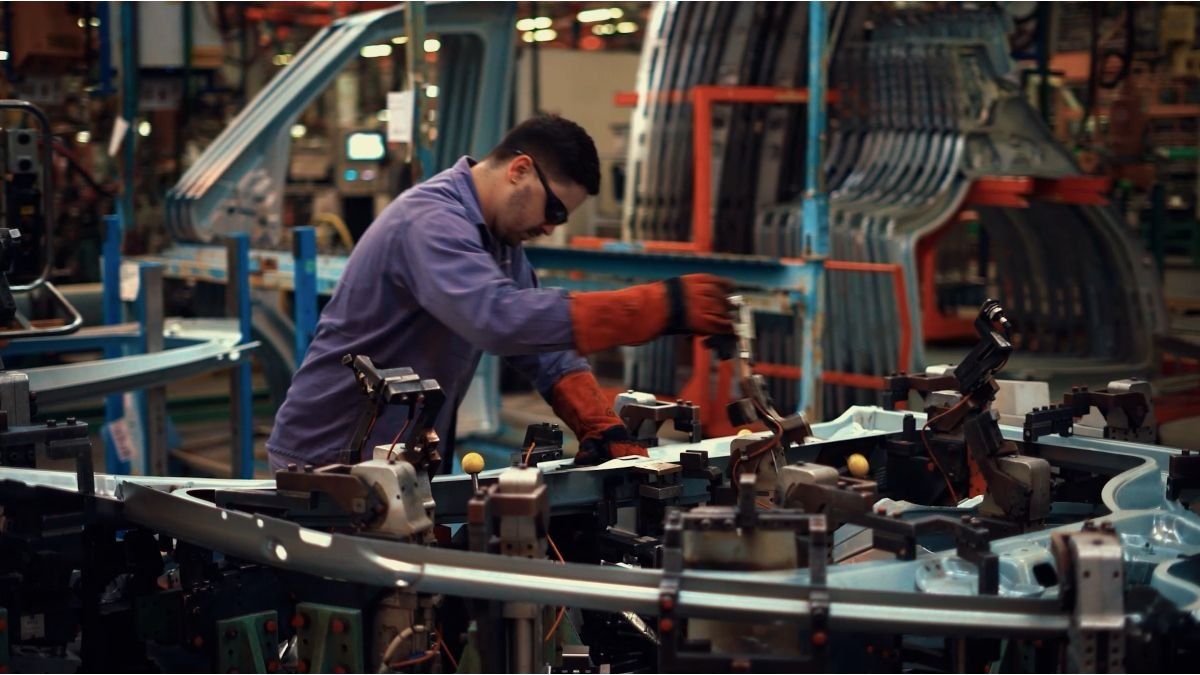He Ministry of Livestock, Agriculture and Fisheries (MGAP) works to continue improving foreign trade Uruguay and, in particular, to expand markets and make existing ones more efficient for local agricultural products. In this regard, the portfolio led by Fernando Mattos met with its counterpart institution Brazil to resolve problems at border crossings that have been occurring for some time.
Director of Livestock Services of the MGAP, Diego De Freitasheld a meeting with the person in charge of Inspection of Animal Products of Brazil to address the problems that have repeatedly occurred at the borders, regarding the passage of animal products between one country and another.
As he explained in a conversation with Radio Carve, “the idea is to protocolize everything that has to do with border inspections, to have a more agile trade flow “of what we have.” The biggest problem, which has been noted for several months, is the difference in the results of the microbiological analyses of the different responsible organizations, which generates delays and higher costs for both Uruguayan and Brazilian producers.
Regarding the relationship with the northern country, De Freitas said that “it is very good, including respect and health recognition, but at the border there are often some discrepancies, which is what we want to try to avoid.”
In reference to this, the director of Livestock Services acknowledged that in the analyses, “it has happened to us many times, that they come out with one result, and at the border they are different, we have to avoid that.” “We have to speed up the commercial flow, it cannot be that the trucks are stopped for four or five days at the border, that does not give a good signal,” he explained.
Health mission from the Philippines
On the other hand, the MGAP continues to negotiate the opening of markets for the Uruguayan meat and other agricultural products in Asia, and after talks with Indonesia and Malaysia, is now also added Philippines.
In this regard, between July 22 and August 3, the Philippine government will conduct a audit in the country: “It will be very comprehensive, there will be seven teams, where four will work in the meat processing plants and two will visit rural establishments,” said De Freitas.
The auditors also plan to visit the border crossings and the Dilave, and learn about the traceability that our country is carrying out. “We are confident that it will be a very good audit,” said the head of the MGAP.
Uruguay intends to obtain the authorization of beef and sheep meatwith and without bone. The most positive aspect is that in this country there is no requirement for Halal slaughter.
Source: Ambito




